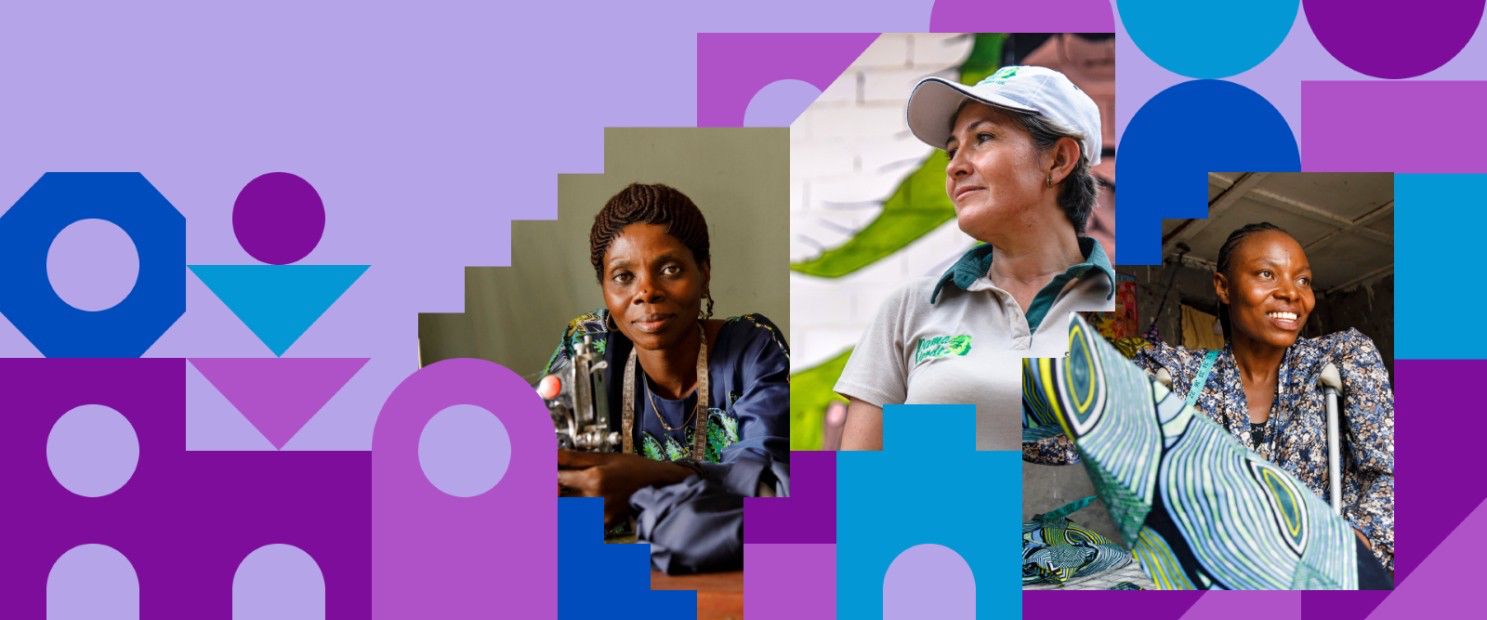Investing in Women and Gender Equality for a Better World
By José Manuel Salazar-Xirinachs, ECLAC’s Executive Secretary.

On International Women’s Day, investing in gender equality and in the care society is both an economic and ethical imperative for speeding progress towards sustainable development. In a context of interlocking crises that threaten to intensify historical inequalities, it is crucial to implement policies that would enable breaking the vicious circle of poverty and exclusion. In recent decades, we have achieved significant progress on regulatory frameworks for gender equality in the law, such as the promulgation of laws against gender-based violence, the prohibition of child marriage, wage discrimination, and others. The institutional framework for addressing gender is making headway in the various branches of government. However, we face challenges in the implementation and financing of policies for equality. At ECLAC, we have proposed that it is time for strategic investments and public policies for moving towards substantive equality and the care society.
In Latin America and the Caribbean, one out of every four women (25.3%) lacks her own income, which is nearly three times the proportion for men (9.7%). Among women in the first quintile, nearly 40% do not receive any kind of monetary income of their own. The region made progress on parity in education. In fact, women complete more years of study on average, but this is not reflected yet in their full participation in the economy, politics, science or technology, among other fields. For example, half of all women are outside the labor market, in contrast to men’s participation rate, which is around 75%. These gaps are largely due to the sexual division of labor and the disproportionate burden of care work that falls on women’s shoulders. Women spend nearly triple the amount of time that men do on unpaid domestic and care work. Young women face higher rates of unemployment and job insecurity than young men, and these differences are even greater when there are children in the household, showing that this trend is not easing. Poverty affects women disproportionately, with three out of every ten women living in poverty and one in ten living in extreme poverty. There are 118 women living in poverty and 120 women in extreme poverty for every 100 men in similar situations. The feminization of poverty is even greater in indigenous and Afro-descendent populations and among rural inhabitants.
Despite these challenges, there are reasons for hope and taking action. Our region is the only one in the world that, for more than 45 years, has been forging a Regional Gender Agenda at the Regional Conference on Women in Latin America and the Caribbean. This is an ambitious, profound and comprehensive road map that guides countries’ public policies. The region has made progress on the institutional framework, and has agreed to promote and adopt progressive fiscal policies and gender budgeting and to implement financing mechanisms to ensure sufficient, non-transferable and sustainable resources for reducing gender inequalities.
Investment in gender equality is essential, not just for reasons of justice and inclusion but also because it is a strategic investment for energizing the economy. For example, the implementation of comprehensive care systems – which would coordinate health, education and care services – and policies that would help reduce and redistribute care work, would facilitate women’s labor market incorporation. In the countries where unpaid domestic and care work’s contribution to the economy has been measured, it varies between 15.9% and 27.6% of GDP, with women accounting for 74.5% of this contribution.
Today, March 8th, we recognize that the region is moving in the right direction, but very slowly if it hopes to achieve real equality targets by 2030. Without a doubt, we can do more. With women’s leadership, the commitment of men and political will, we can build a better society that would prioritize the care of people and the planet. The world today needs bold changes and urgent transformations, starting with an end to women’s historical exclusion in all areas of society.